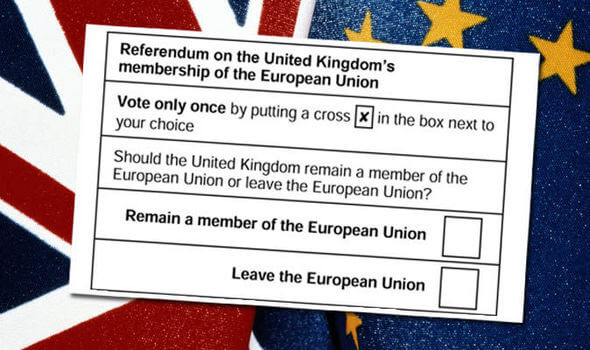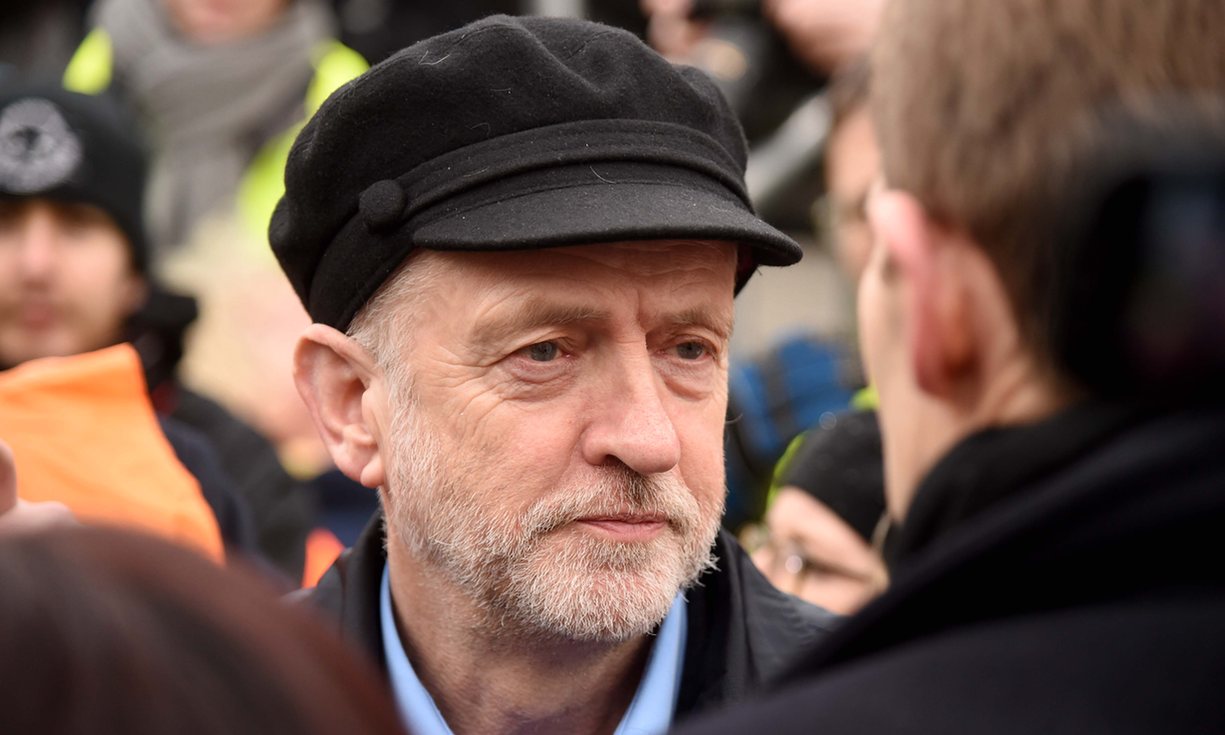by Giullietto Chieza
According to Tomas Prouza – state secretary for EU Affairs in Prague – “There is a real danger that British politics, with all its whipped-up resentments of Europe, will mean British negotiators are unable to compromise, and we will head for a crash landing.”
Formal negotiations are expected to start in March, after a long wait, but things don’t seem ready at all. And not just because of the numerous controversial issues, but because, it seems, Ms. May thinks that she will be able to get whatever she wants from the negotiations, in the same way that her predecessors got all they asked when the UK joined the EU.
But – since the interests at stake are huge – even Brussels now will raise its highest stakes, while the Imperial London applies its rules and increasingly begins to “play rough”. This is, at least, the opinion of the small group of MEPs who was in charge of the investigation. Officials in Brussels noticed with great disappointment the moves of David Davis – secretary for the British Brexit government – and those of Minister David Jones. They were both engaged in a series of meetings with politicians and MEPs from Finland, Denmark, Sweden, Latvia, Lithuania and Estonia.
It seems that a campaign is going on in order to gather consent among some member states that are unhappy with the Union, in particular: the countries that joined the EU last and those that over the years of the crisis have grown more and more suspicious towards the founding countries (some of them were even “scolded” by them), in particular Germany and France, considered too bossy. You never know: at election time it could turn useful to London to rely on the unhappy countries for gathering more votes. There are also rumors in Brussels that Downing Street is getting ready – in case this campaign not enough – to reduce the British contribution to some Eastern Countries.
In short, London is planning to change the rules before the negotiations and “while remaining in”, whereas the large cohort of British MEPs remains in office until the end of the mandate. It’s not only that they will draw regular salaries and contributions; they will also participate in all the votes, including those regarding future decisions that shouldn’t be of any interest for Britain, once it will be out of the EU.
The anomaly is evident. And the risk is that the most important point – the free trade agreement between the former partners – will be no longer feasible, causing great harm to both. The same concern is shared by various European capitals so much so that influential MEP Elmar Brok – one of Angela Merkel’ closest advisors and several times president of the Foreign Commission – has burst out with expressions that didn’t sound diplomatic at all.
“The British government tries to divide and rule. They believe they can take members of parliament out of certain nations… to win support by dividing us”, he said “if they try to negotiate while trying to interfere in our side then we can do that too. We can make a big fuss over Scotland. Or Northern Ireland.”
These are the words and threats that are used against real opponents. To paraphrase a well-known old saying: those who do harm will die harmed.











